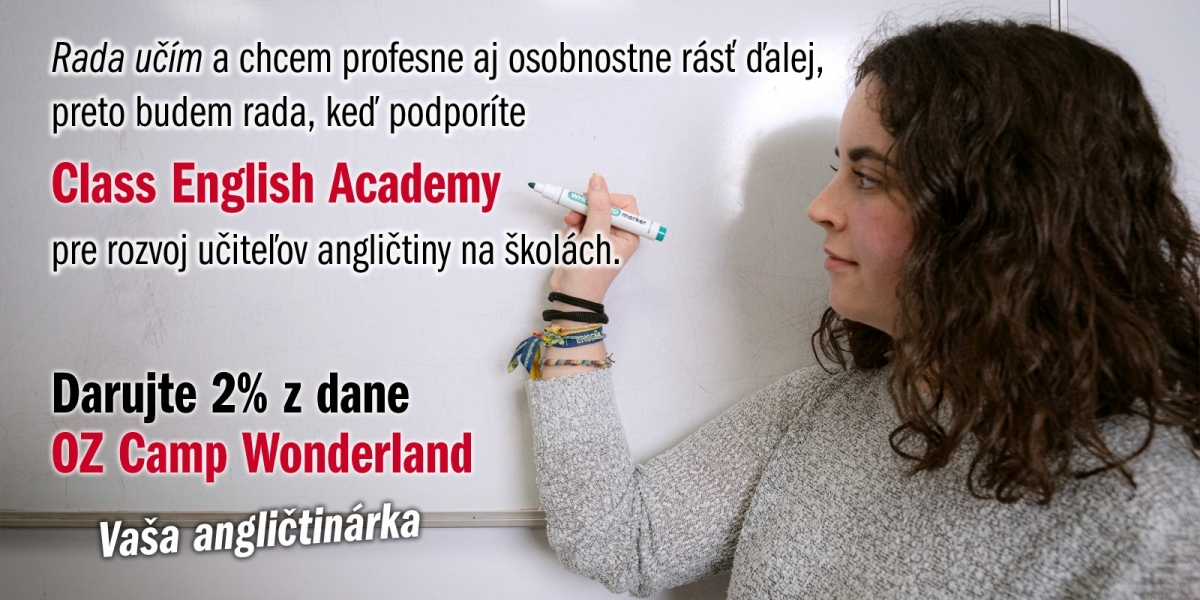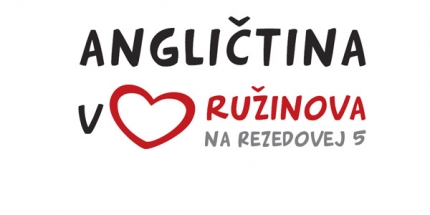- Rodinné trhy Ružinovčanov
- Cookie for a Bookie
- Detské ihrisko Jadrová
The most common mistake English people make … but is it a mistake?
Hi everyone and Happy 2012.
I’m feeling nicely refreshed after a Christmas and New Year trip home to England. It was great to see family, enjoy the mild English winter and generally relax with plenty of food and drink. There’s three great things about being home and taking a guest with you: showing off the beauty of your home area, introducing them to your friends and family, and being reminded of all of the great things about where you live by somebody who sees them with fresh eyes.
While there, though, I did notice a mistake that I hear with reasonable frequency from those who have English as their mother tongue. I’ve heard it from my parents, friends, colleagues and almost everyone who speaks English. I even find myself doing it from time to time, though I try not to now that I’m aware of it. I made the mistake in question deliberately in the paragraph before this one. Can you find it?
The answer is: There’s three things…
Now people say this, or variants of it, quite frequently in conversation. I noticed it numerous times during my holiday in England but I’ve also heard it from people in all walks of life (up to and including the US President).
It’s a funny one because I don’t know of anyone who would use the non-contracted form, there is, with a plural, but once we shorten it to there’s it is common and fairly natural for people to use it with singular objects or plurals.
I challenge you to listen carefully to English speakers and I suspect that you’ll come across this error with reasonable frequency.
It does however bring up the question of what constitutes a mistake in a language. English is evolving as, I imagine, are most other spoken languages and therein lies the defence to this mistake I’ve picked up on.
If most people use it in their day to day conversations in English, then should it be considered a mistake any more? We’ve discarded and altered many aspects of English that were common just a century ago. I suggest you go out and read some classic literature to find examples of sentences and phrasings that would be extremely unusual to hear in normal conversation these days.
So what are your thoughts on this mistake and whether it should in fact be considered a mistake at all?





